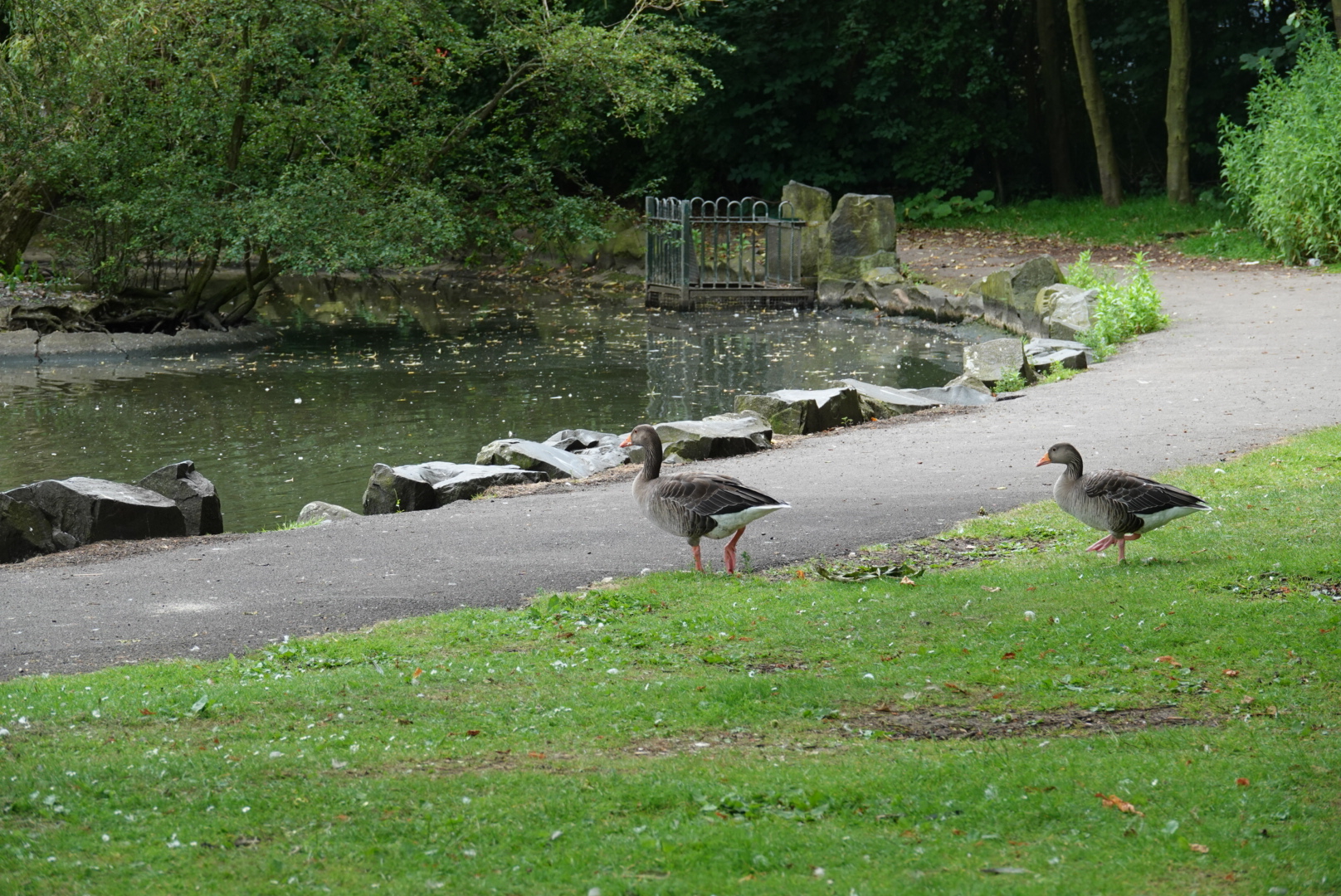Avian flu has been spreading nationally over the past few weeks, prompting the government to put in place extra precautions. Currently, everyone who keeps birds must ensure they stay indoors, and there is guidance for anyone who finds a dead bird – including not touching it under any circumstances.
Hull’s Public Health team is urging people to take extra care around wild birds to help reduce the spread of bird flu. Visitors to parks and public places are being asked to practice good hand hygiene around birds, and not to touch dead birds of any kind. Simple steps can help prevent flu spreading between birds and other wildlife.
Whilst the health risks to the general public are low, the public are urged not to touch or pick up any dead or visibly sick birds that you find. Whist rare, it is possible for avian flu to transfer from birds to humans. Birds which could be infected should only be handled by professionals, wearing appropriate PPE. Like all variants of influenza, avian flu can be serious, particularly for those who are already vulnerable.
Megan Doran, Health Protection Lead Officer, said: “We want to ensure we protect our local wildlife as much as possible. We are not currently asking people not to feed birds – in the colder months this can actually result in birds travelling further, increasing the spread of disease. However, anyone feeding birds must be very careful to thoroughly wash their hands afterwards – people should not touch birds, even if they appear completely healthy.
“If anyone finds any dead birds, they should not touch them, and, depending on the numbers and type of dead birds, they should notify Defra. If the birds are in a local park and you’re able to speak to a park ranger, please let them know in addition to Defra. Also, where many birds congregate on river banks, or near ponds or lakes, pathways and grassed areas can become heavily fouled. It’s possible for the public to take contamination back home on footwear, and spread it to kept chickens or birds in an aviary.
“The risk of avian flu transferring to humans is very low, but following precautions will protect you and everyone else. Bird flu has been confirmed in some dead birds found in Hull, as in most places around the country, so it’s important we all do what we can to reduce the spread as much as possible”.
The key things to do are:
- Call Defra (Department for the Environment, Food and Rural Affairs) on 03459 33 55 77 if you find one or more dead birds of prey; three or more dead gulls or wild waterfowl (swans, geese and ducks); or five or more dead birds of any species
- If you find a dead bird in one of our local parks, please also notify a park ranger if you are able to
- Anyone who keeps birds, must keep them indoors until further notice from the government
- if you suspect bird flu in poultry or other captive birds, you must report it immediately by calling: 03000 200 301.
For further advice for people who keep birds is available here: https://www.gov.uk/guidance/bird-flu-avian-influenza-housing-your-birds-safely
